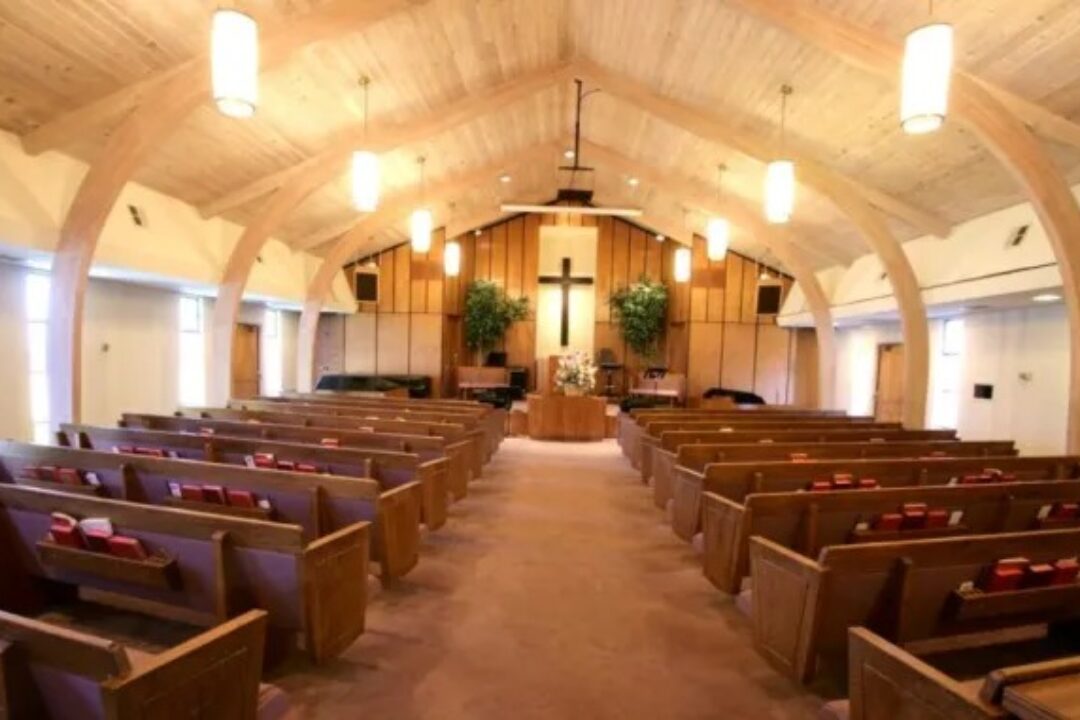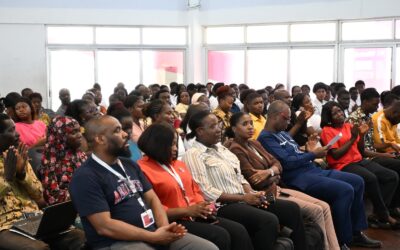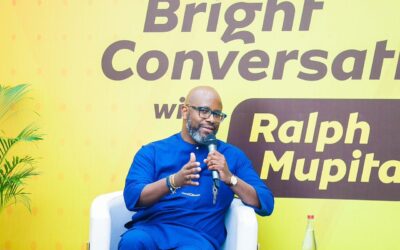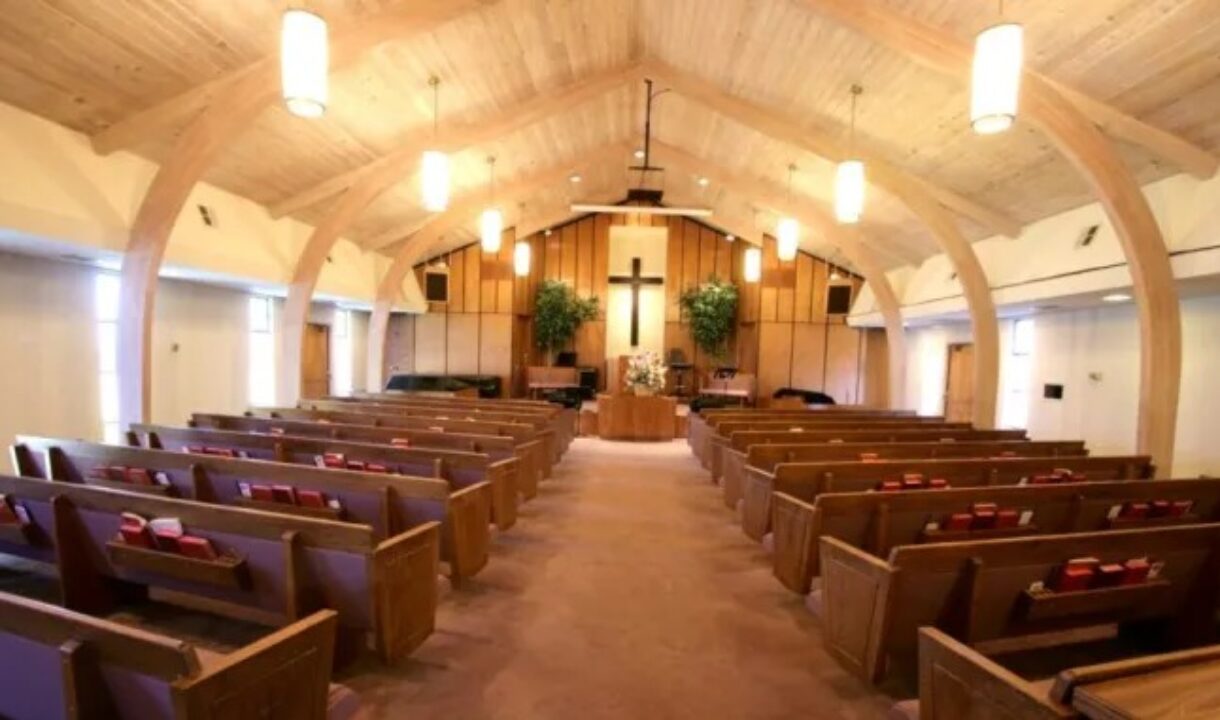Source: Prof. Raphael Nyarkotey Obu
Who would have thought that church adds fourteen years to your life, on average after all the negative comments we hear about the church in the media? Thousands of scientific studies confirm that people who regularly attend worship services are more likely to live longer.
I know this article will start a controversy. But as usual, I am only a messenger of the studies conducted by the researchers. The simple message is that just in case you are desiring a long life, then, going to church more than once a week is your sure bet.


The studies
The first was a nine-year chronological study of 21,204 American adults conducted by Hummer et al (1996). The study found that people who attended church every week lived seven more years than those who did not attend.
The added good news was that, in the African-American community, those who went to church more than once a week lived fourteen more years, twice the longevity of non-attendees.
Apart from this, another comprehensive study conducted by Stampfer et al.(2016), published in JAMA Internal Medicine, found that women who went to any kind of religious service more than once a week had a 33% lower chance than their secular peers of dying during the 16-year study-follow-up period.


Another study by Bruce et al.(2017) published in PLOS One, found that regular service attendance was linked to reductions in the body’s stress responses and even in mortality–so much so that worshippers were 55% less likely to die during the up to 18-year follow-up period than people who didn’t frequent the temple, church or mosque.
A previous study by Strawbridge et al.(1997) published in the American Journal of Public Health also tracked the association between frequent attendance and mortality over 28 years for 5,286 Alameda Country and found that lower mortality rates for frequent religious attendees are partly explained by improved health practices, increased social contacts, and more stable marriages occurring in conjunction with attendance.
Some studies have found that prayer can improve disease outcomes and prolong survival, while others have been less conclusive.
One 2006 study published in the American Heart Journal even found that people who knew they were being prayed for before undergoing heart surgery were more likely to experience complications than people who didn’t know whether they were in others’ prayers.
Another by Koenig and Vaillant(2009) examined the effect of church attendance on four different indicators of later health in a sample of inner-city men followed throughout their life course. Measures of previous health status, mood, substance abuse, smoking, education, and social class were used to predict the health status at age 70 from church attendance at age 47.
Indirect effects of church attendance on health were observed, with alcohol use/dependence, smoking, and mood being possible mediators of the church attendance-health relationship. The effects of church attendance on more subjective ratings of health, however, may be more direct.
In explaining the progressive benefits of church attendance and longevity, VanderWeele TJ(2017) held the view that this may be the confluence of the religious values and practices, reinforced by social ties and norms, that give religious communities their powerful effects on so many aspects of human flourishing.
Another study by Manning et al.(2012) explores the Spiritual Lives of Centenarians and illustrates the importance spirituality has for older adults over the life course, particularly those in advanced age. The findings indicate that spirituality is a key factor of support, an important resource in late life, and maintains continuity over the life course for the centenarians. Additionally, spirituality serves as a critical component in the everyday lives of the participants and provides a framework for helping older adults make sense of having lived a very long life.
A recent study by Ebert et al.(2020) coded gravestone inscriptions and imagery to assess the religiosity and longevity of 6,400 deceased people from religious and nonreligious U.S. counties. The study shows that in religious cultural contexts, religious people lived 2.2 years longer than non-religious people. In nonreligious cultural contexts, however, religiosity conferred no such longevity benefits. A longer life is not an inherent feature of religiosity. Instead, religious people only live longer in religious and cultural contexts where religiosity is valued.
This longevity appears to benefit women more than men in church attendance. This was explained by Koenig et al.(1997) study that examines a six-year follow-up study of 3,968 older adults and found that particularly women, who attend religious services at least once a week appear to have a survival advantage over those attending services less frequently.
Key takeaways:
- Churchgoers have a significantly lower risk of dying in the studies I reviewed
- After adjusting for age, sex, race, and chronic medical conditions, 40- to 65-year-old churchgoers were 46 percent less likely to die as compared to non-churchgoers.
- There is no statistically significant difference in mortality when measuring how frequently churchgoers attend.
- Non-churchgoers had significantly higher rates of blood pressure, HDL cholesterol (the “good” cholesterol), and the ratio of total cholesterol to HDL cholesterol. Non-churchgoers also had a higher overall of these medical issues than churchgoers.
- Lower stress levels are not the only possible explanation for churchgoers’ longer lifespans: Non-churchgoers had a higher mortality rate even after controlling their medical conditions, which suggests religiosity alone may play a factor in longevity.
- Churchgoers are healthier, as they manage to quit smoking, drinking, etc.
- This longevity appears to benefit women more than men in church attendance.
The writer is a Professor of Naturopathic Healthcare, a Medical Journalist, an author, and a science writer. E-mail: professor40naturopathy@gmail.com.



















